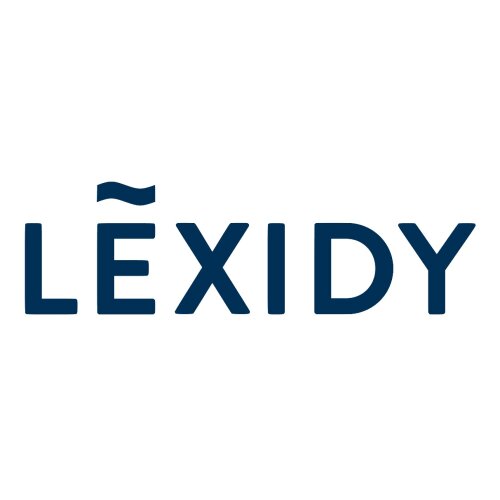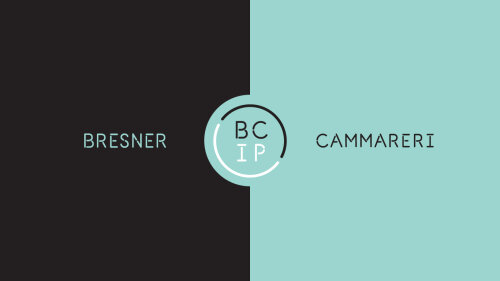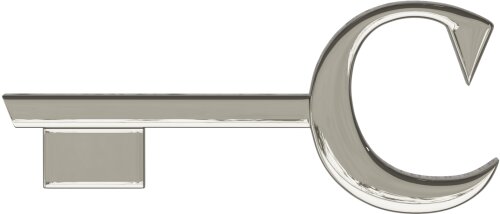Best Private Equity Lawyers in Milan
Share your needs with us, get contacted by law firms.
Free. Takes 2 min.
List of the best lawyers in Milan, Italy
About Private Equity Law in Milan, Italy
Private Equity refers to investment funds that acquire ownership stakes in private companies or delist public ones to restructure, grow, or optimize business operations before seeking profitable exits. Milan stands as Italy's financial capital and hosts a vast array of Private Equity activity, from early-stage venture capital deals to large buyouts. The city benefits from a sophisticated financial infrastructure, a vibrant corporate sector, and close proximity to leading Italian and international legal and financial advisors.
Private Equity transactions in Milan are governed by Italian corporate, financial, and tax laws, and are often influenced by European Union regulations. Acquisitions, mergers, management buyouts, and distressed assets investments are common, making legal guidance crucial to navigating complex regulations, negotiations, and compliance requirements.
Why You May Need a Lawyer
Private Equity transactions can be complex, involving multiple parties, significant financial risk, and stringent regulatory oversight. Engaging a specialized lawyer can help at various stages, including:
- Structuring investment vehicles and advising on regulatory compliance
- Conducting legal due diligence on target companies
- Drafting and negotiating investment, shareholder, and financing agreements
- Advising on tax structuring to maximize returns and minimize liabilities
- Assisting with regulatory filings and antitrust notifications
- Managing corporate governance and post-transaction integration
- Resolving disputes and representing clients in litigation or arbitration
Legal assistance is essential to identify and mitigate potential legal, financial, and operational risks throughout the investment lifecycle.
Local Laws Overview
Several key Italian and European laws affect Private Equity in Milan. Highlights include:
- Company Law: Governed by the Italian Civil Code and specifically by rules related to Società a Responsabilità Limitata (S.r.l.) and Società per Azioni (S.p.A.) entities
- Financial Regulations: Supervised by the Bank of Italy and CONSOB, which oversee transparency, capital markets, and investor protections
- Antitrust and Competition Law: Managed by the Italian Competition Authority, ensuring mergers and acquisitions do not harm market competition
- EU Directives: Including AIFMD (Alternative Investment Fund Managers Directive) impacting fund management, cross-border transactions, and investor information
- Tax Regulations: Affecting how transactions are structured to address capital gains, withholding taxes, and double taxation treaties
- Employment Law: Relevant in restructuring operations or during mergers and acquisitions, to ensure compliance with workers' rights and obligations
Frequently Asked Questions
What is Private Equity?
Private Equity involves investing capital in private companies, often to improve business performance, restructure operations, or finance growth, usually leading to a profitable exit, such as a sale or IPO.
Why is Milan a hub for Private Equity in Italy?
Milan is Italy's financial and business center, offering access to key financial institutions, experienced legal and advisory firms, and a vibrant ecosystem for dealmaking.
What types of companies do Private Equity funds target in Milan?
Private Equity funds commonly target medium and large corporations, family-owned businesses, companies undergoing restructuring, and innovative startups with high growth potential.
Which local authorities regulate Private Equity investments?
The primary regulators are the Bank of Italy for financial supervision, CONSOB for capital markets and transparency, and the Italian Competition Authority for antitrust matters.
Are there restrictions on foreign investors in Italian Private Equity?
Generally, Italy is open to foreign Private Equity investors. However, certain sectors such as defense or energy may require specific governmental authorizations or notifications.
What is due diligence in a Private Equity transaction?
Due diligence is a thorough examination of a target company's legal, financial, and operational status to identify risks and validate business value before investing.
How are Private Equity funds structured in Italy?
Funds can be structured as regulated investment vehicles such as Italian Alternative Investment Funds (AIFs), or as partnerships, depending on investment goals and regulatory requirements.
What are the typical steps in a Private Equity deal in Milan?
Typical steps include deal sourcing, initial screening, due diligence, structuring, negotiation of agreements, regulatory filings, closing, and post-acquisition management.
How does employment law impact Private Equity transactions?
Any transaction involving changes to corporate structure or workforce requires compliance with Italian labor laws, addressing aspects such as employee rights, redundancies, and collective agreements.
What exit options are available for Private Equity investors?
Exits can occur through trade sales, secondary buyouts, initial public offerings (IPOs), or recapitalizations, depending on market conditions and investor strategy.
Additional Resources
Various organizations and bodies provide information, regulatory oversight, and networking opportunities for Private Equity in Milan, such as:
- Italian Private Equity, Venture Capital and Private Debt Association (AIFI): Offers data, studies, and updates on the local Private Equity market
- CONSOB (Commissione Nazionale per le Società e la Borsa): The main regulator of Italian securities markets
- Bank of Italy: Supervises financial institutions and enforces compliance with financial regulations
- Italian Trade Agency (ITA): Supports foreign investors and provides market entry information
- Chamber of Commerce of Milan: Offers company data, legal and economic insights
- European Private Equity and Venture Capital Association (Invest Europe): For cross-border transactions and pan-European guidance
Next Steps
If you are considering entering the Private Equity market in Milan or facing legal complexities regarding investments, here are steps to guide you:
- Define your investment or legal goals and the scope of your intended transactions
- Contact a lawyer or law firm specializing in Private Equity and related financial matters
- Prepare all necessary documentation related to your company or intended investment
- Request an initial consultation to assess regulatory, tax, and operational risks
- Work with your legal advisor to manage due diligence, regulatory filings, and negotiation processes
- Stay informed about updates in Italian and EU Private Equity regulations
Legal advice is pivotal for safeguarding your financial interests, navigating legal obligations, and achieving successful investments in Milan's Private Equity sector. Do not hesitate to seek professional help as early as possible in your transaction process.
Lawzana helps you find the best lawyers and law firms in Milan through a curated and pre-screened list of qualified legal professionals. Our platform offers rankings and detailed profiles of attorneys and law firms, allowing you to compare based on practice areas, including Private Equity, experience, and client feedback.
Each profile includes a description of the firm's areas of practice, client reviews, team members and partners, year of establishment, spoken languages, office locations, contact information, social media presence, and any published articles or resources. Most firms on our platform speak English and are experienced in both local and international legal matters.
Get a quote from top-rated law firms in Milan, Italy — quickly, securely, and without unnecessary hassle.
Disclaimer:
The information provided on this page is for general informational purposes only and does not constitute legal advice. While we strive to ensure the accuracy and relevance of the content, legal information may change over time, and interpretations of the law can vary. You should always consult with a qualified legal professional for advice specific to your situation.
We disclaim all liability for actions taken or not taken based on the content of this page. If you believe any information is incorrect or outdated, please contact us, and we will review and update it where appropriate.

















